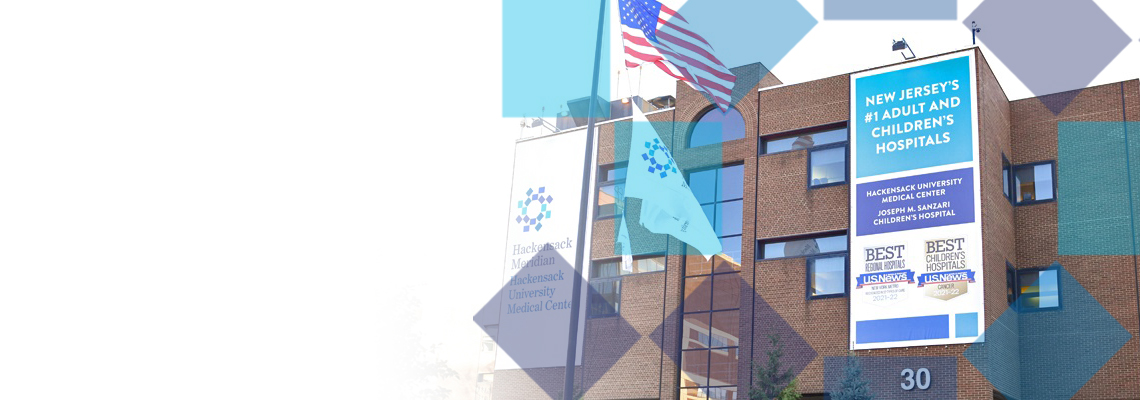

Program Details
PGY1 Program Description
The Hackensack University Medical Center (HUMC) Residency Program is a one-year structured training program intended to develop residents’ clinical skills and competencies in hospital pharmacy. The PGY1 pharmacy residency program builds on the Doctor of Pharmacy (Pharm.D.) education and contributes to the development of clinical pharmacists by providing a robust and comprehensive learning experience in a variety of patient care areas. HUMC is a level 1 trauma center, NCI-designated cancer center and one of the few solid organ transplant centers in New Jersey. This will expose the resident to a wide spectrum of disease states which makes for an exciting learning environment.Pharmacy residents are an integral component of the interdisciplinary team and are held accountable for delivering optimal patient care. The goal of the residency program is to increase and refine clinical competency, provide evidence-based pharmacotherapeutic care plans and develop confidence as an independent pharmacist under the mentorship of preceptors. Residents completing this program will graduate with a vast degree of pharmacotherapy knowledge, coupled with effective presentation and communication skills. Furthermore, they will develop commitment to their profession by taking an active role in education and professional organizations. Our residents go on to pursue PGY2 residencies of their choice and/or become competent practitioners desirable in both academia and clinical specialist positions.
Staffing/On-Call
- PGY1 residents will be required to staff every third weekend and one evening weekday shift every other week for 4 hours. A NJ pharmacist license must be obtained by November 1st.
- The resident on-call will be responsible for answering drug information questions, attending Code Stroke, and approving IVIG orders in accordance with the stewardship program. On-call will occur during assigned staffing shifts, and each resident averages about one on-call weekend per month.
Research Project/Medication Use Evaluation (MUE)
- Residents are required to participate in a research project and a MUE.
Resident Presentations
- PGY1 residents are required to present a minimum of (2) journal clubs, (2) case presentations and (1) seminar presentation throughout the year.
- Residents are also required to present a one-hour long ACPE-accredited continuing education session.
Teaching and Learning Certificate
- The teaching and learning certificate program is a required experience that is offered to all pharmacy residents through the Ernest Mario School of Pharmacy at Rutgers University.
Leadership Experience
- Each resident will have the opportunity to serve as lead resident for a portion of the year.
Committee Involvement
- Residents take an active role in our monthly Pharmacy and Therapeutics Committee meetings. Residents will also attend additional interdisciplinary committees as needed.
Social Media Liaison
- Residents will serve as a social media liaison for 3 months of the year. They will be required to develop engaging content for social media platforms.
Rotations
All learning experiences are one month unless otherwise noted.